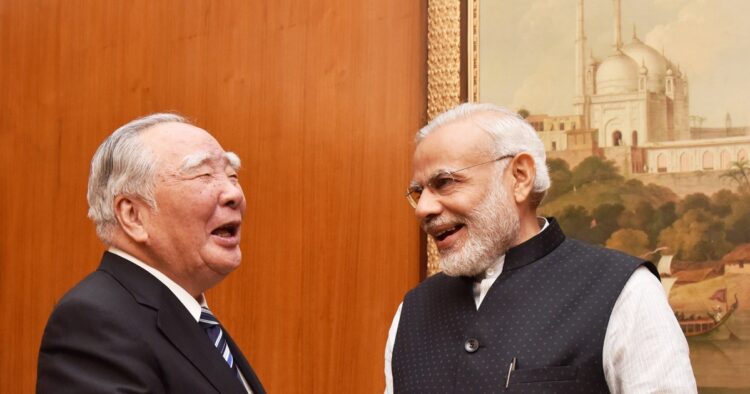Osamu Suzuki, the long-serving chairman of Suzuki Motor Corporation and the man behind the company’s global success, passed away at the age of 94. The cause of his death was lymphoma, as confirmed by the company. A key figure in Suzuki’s rise from a small Japanese manufacturer to a global automotive powerhouse, Suzuki’s passing marks the end of an era for both the company and the automotive industry.
Born on January 30, 1930, in Gero, Japan, Suzuki grew up in a farming family, the fourth son among his siblings. Though initially aspiring to become a politician, his life took a different path when he married Shoko Suzuki, a granddaughter of Michio Suzuki, the founder of Suzuki’s predecessor company. This connection led Osamu Suzuki to join Suzuki Motor Corporation in 1958, where he would go on to revolutionize the company and the global automotive landscape Suzuki’s leadership began in 1978 when he became president of Suzuki Motor Corporation. Under his guidance, the company expanded its operations and reached new markets, most notably.
India, North America, and Europe. His vision for Suzuki focused on producing small, affordable, and fuel-efficient vehicles that catered to the needs of developing nations. A pivotal moment in Suzuki’s expansion came in the early 1980s when the Indian government was looking for a partner to help establish a domestic car industry. In 1982, Suzuki acquired a 26% stake in Maruti Udyog, an Indian automobile manufacturer, marking the beginning of a long and successful partnership.
The Maruti 800, launched in 1983, became a game-changer in the Indian automotive market, and Maruti Suzuki is now one of the country’s leading car manufacturers. Suzuki’s foresight in targeting emerging markets was key to the company’s global success. His emphasis on compact, fuel-efficient vehicles positioned Suzuki as a leader in the small car segment. His philosophy was simple: focus on the affordability and practicality that people in developing countries needed. This strategy allowed Suzuki to dominate markets that larger automakers often overlooked.

















Comments